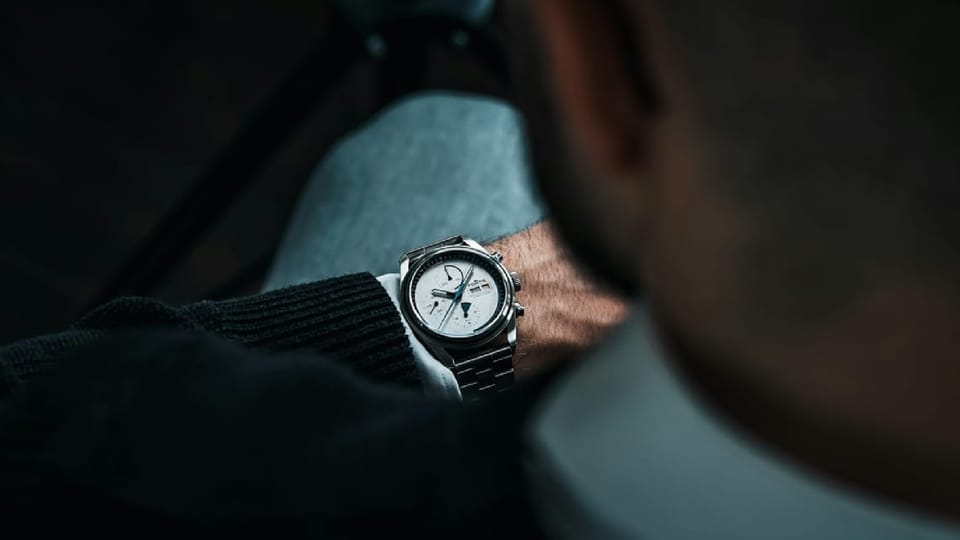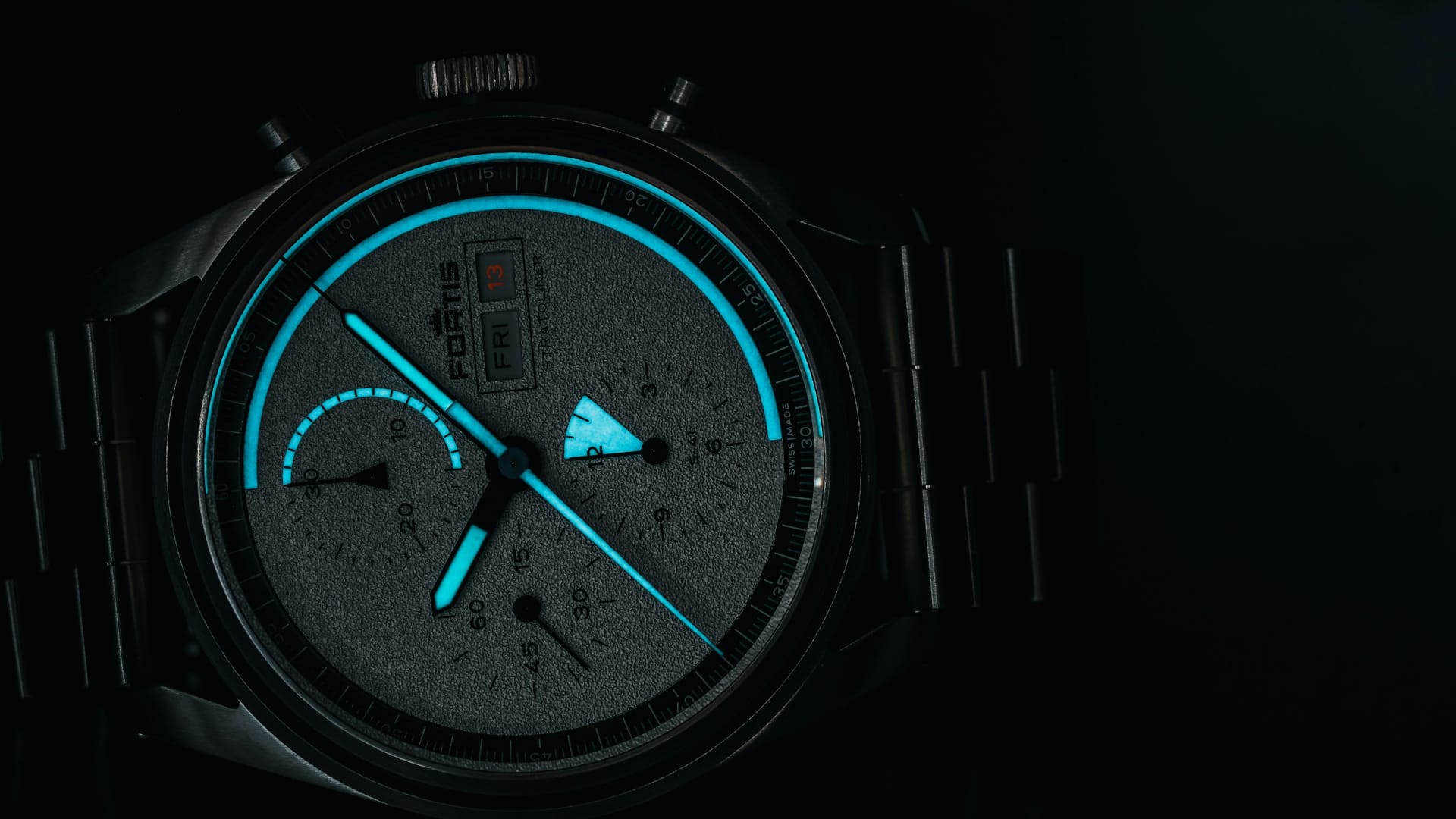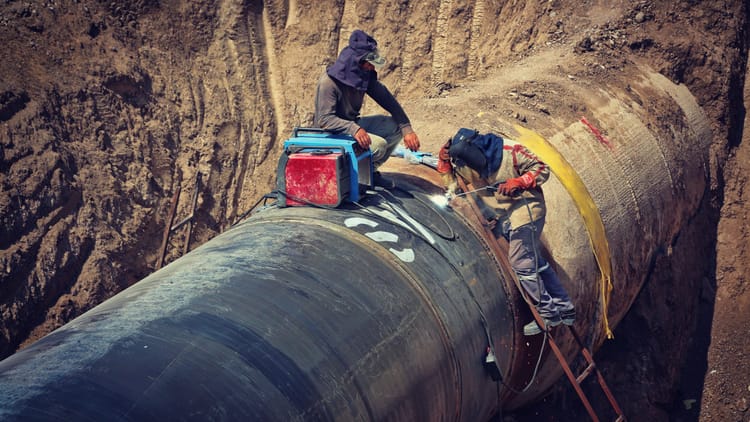Continental

Billionaires from the former Soviet Union flooded into Europe throughout the 1990s. Not a few had close connections with politicians—or in some cases with the security services—in their home countries.
Roman Abramovich bought the once-middling team Chelsea FC, which he took to the top of English football by spending near unheard-of money. Russian-Uzbek businessman Alisher Usmanov, meanwhile, bought nearly a third of the shares of the storied Arsenal FC. London was soon so flush with Russian billionaires that it became known as “Londongrad.”
And it wasn’t only the United Kingdom: Each summer, superyachts owned by ex-Soviet businessmen could be seen moored off the French and Italian rivieras.
But then came the Ukraine war. Soon enough, European governments began issuing sanctions. The European Union blacklisted more than 2,400 people, including Usmanov and Abramovich. Spain seized a superyacht allegedly belonging to the boss of the Russian energy company Rosneft, Igor Sechin.
While the United States is now abandoning many of its anti-corruption policies, the EU is meanwhile in the final stages of negotiations over a new anti-corruption directive, which should establish a common standard among member states for fighting corruption. But even though there are fewer Russian billionaires now in Europe, there are still plenty of shady businessmen from other parts of the world.
So how successful has the EU really been in fighting corruption?
Tena Prelec is an assistant professor in politics and international relations at the University of Rijeka’s Centre for Advanced Studies and the co-author, with John Heathershaw and Tom Mayne, of Indulging Kleptocracy: British Service Providers, Postcommunist Elites, and the Enabling of Corruption. Prelec says the Ukraine war changed European leaders’ views of corruption. What they’d previously tolerated—or even benefited from—they suddenly saw as a pressing threat to national security. So they took several important steps to rein it in, like increasing corporate-transparency requirements. But it hasn’t been enough.
In effect, Prelec says, European authorities have chosen not to face the sheer scale of the problem. Grand corruption isn’t a matter of a few bad-guy foreigners who’ve moved to Europe; it’s like the mafia: It consists of vast criminal networks that operate seamlessly across international borders. And they can only operate in this way, at that scale, with the cooperation of Western elites—meaning, if European policy makers want to get a handle on it, they have to realize they the clues point toward the very heart of Europe’s financial, political, and economic elite …
Gustav Jönsson: What kinds of backgrounds do foreign players in European grand corruption typically have?






